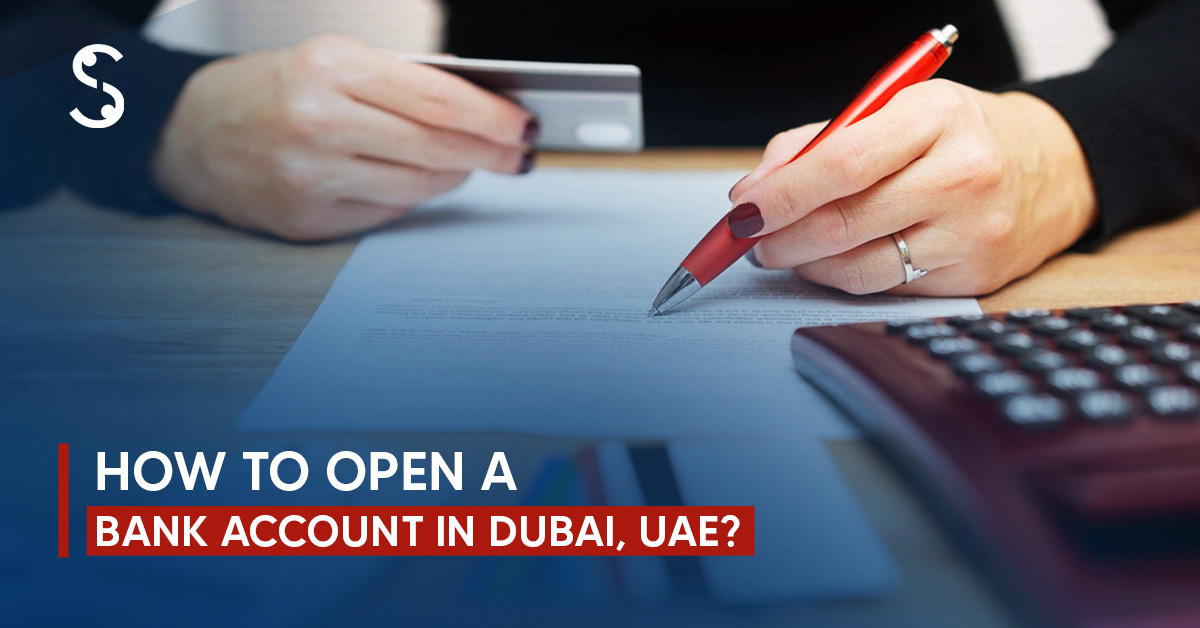How to start a Forex trading company in Dubai from UK?
The forex market, or foreign exchange, is the globe’s largest and most liquid financial arena. Daily trades reaching trillions of dollars create a landscape with the potential for investors to capitalise on currency price shifts. This presents a chance for daily returns and strategic future investment planning. Establishing a forex trading company in Dubai emerges […]




